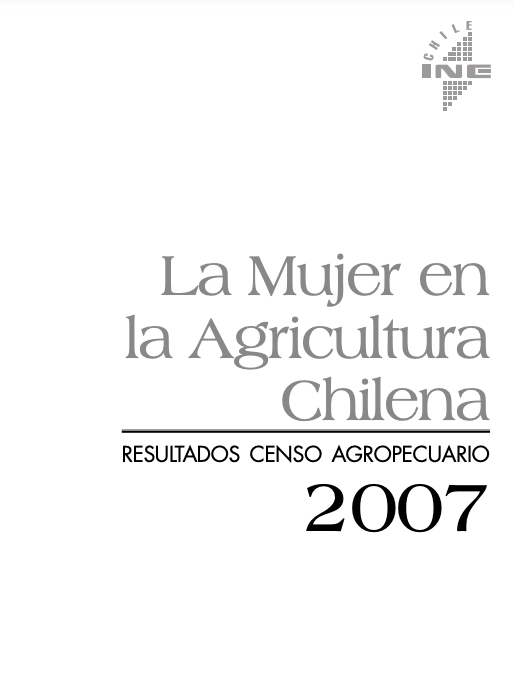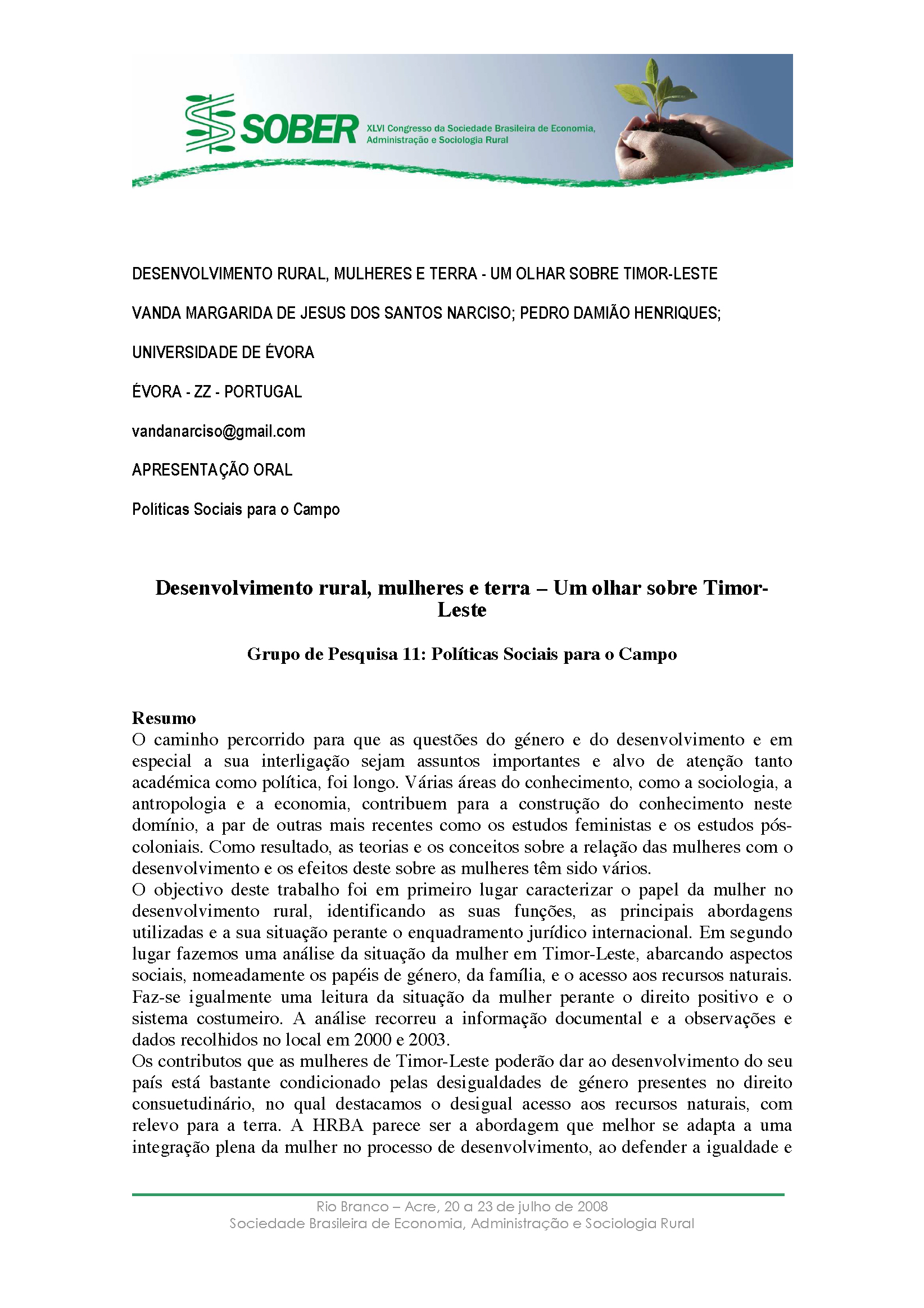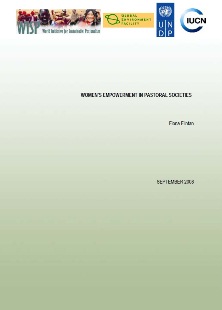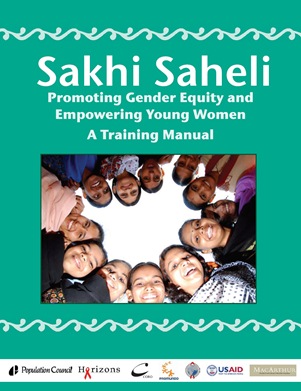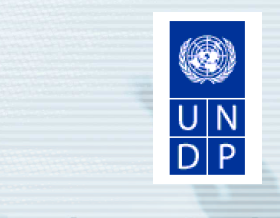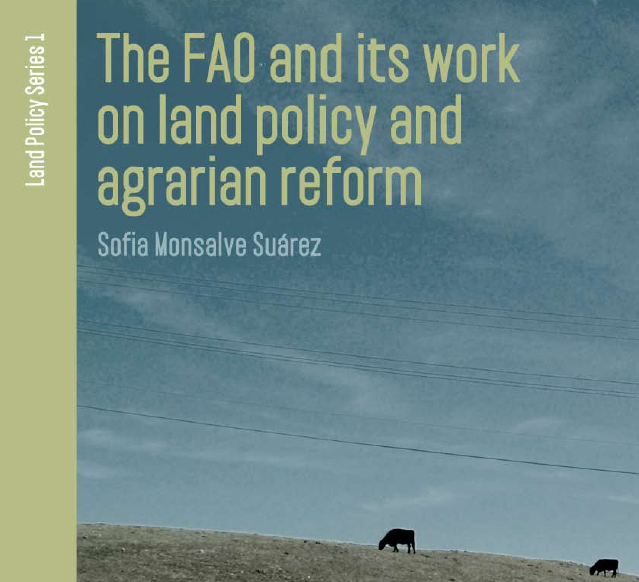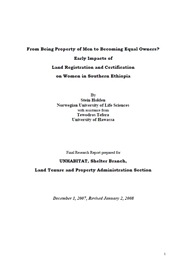Inheritance Rights of Children in Sri Lanka
ABSTRACTED FROM INTRODUCTION:
This report provides an in depth analysis of the inheritance rights of children in Sri Lanka. Chapter 2 looks at inheritance rights of children from a human rights perspective. It examines the international human rights instruments which guarantee the right to adequate housing of children and which aim to protect their inheritance rights. It analyses the essential components of the right to adequate housing and looks at Sri Lanka’s obligations to protect and promote these rights.


